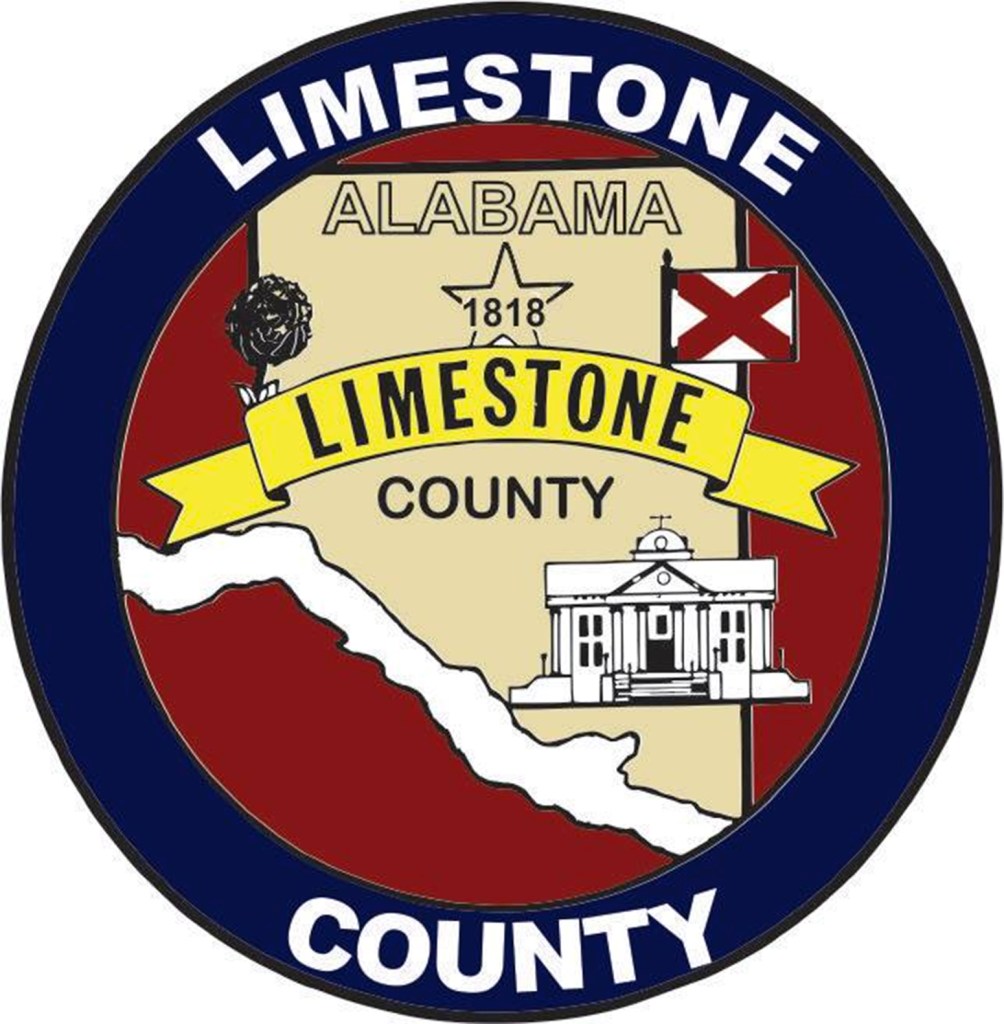Commissioners’ discussion over road funding turns testy
Published 3:00 am Wednesday, October 16, 2019

- County Commission
A discussion about Limestone County road funding turned testy Tuesday during a County Commission work session.
District 4 Commissioner Ben Harrison has been pushing for an equalization fund that would set the district with the highest road funding per mile as the standard, which is currently District 2.
That district has the fewest amount of road miles (185.3), but receives the same amount of revenue the other districts do ($1.18 million). That equates to roughly $6,416.51 per mile.
Harrison planned to introduce a resolution establishing the fund last month, but decided to wait. At Tuesday’s work session, he sought feedback from commissioners because he plans to formally introduce the resolution at Monday’s regular meeting.
The only commissioner who provided feedback was District 3 Commissioner Jason Black, who questioned why the resolution was needed at all. He told Harrison the commission would be better off agreeing that any surplus money in the general fund at the end of a fiscal year should be divided evenly among the county’s four road districts.
Black cited a $210,000 general fund surplus at the end of the 2018-2019 fiscal year, which was evenly distributed among commissioners at $52,000 per district. Projects were determined by Chairman Collin Daly.
Harrison previously planned to ask the commission to approve diverting the county’s Simplified Sellers Use Tax, or “Amazon tax,” to roads. He also wanted to ask the local legislative delegation to reallocate TVA-in-lieu-of-tax dollars from Athens-Limestone Hospital and put the money toward roads. He said Tuesday he had dropped those proposals.
Black had several concerns about Harrison’s resolution, including the prospect of losing road funding in other districts and making the new fund too restrictive. If money going into the equalization fund could be used only for roads, Black said, what would happen if the county was hit by a tornado or ice storm or if a county building sustained heavy damage.
He also told Harrison the county should wait until after the 2020 census to vote on how to fund roads because the county’s current population and projections are likely to change.
Black’s other concerns included the fact no salaries could be paid from the fund. He questioned the use of the phrase “unspecified sources” of money. He said those sources may include a fee or tax, which he would not be in favor of.
The plan
Revenue directed to the equalization fund would be distributed to the other three districts based on the percentage of total miles in each district. After all three districts have reached the District 2 standard, all funds in excess would be distributed to each district based on total road miles.
The percentage would be in favor of Harrison’s district because he has the most road miles at 331.
Black told Harrison road funds should favor traffic and road wear, not total miles. Harrison said he may not have the vehicle traffic of other districts, but he does have heavy truck traffic from chicken houses that cause wear and tear on roads.
Black said if Harrison used his annual allotment “wisely,” a resolution would not be necessary. He added Harrison’s $52,000 allotment from the 2018-2019 budget would be used to fix Harrison’s “experiment” on Witty Mill Road.
“None of us have enough money, but we don’t waste it,” Black said.
Harrison accused Black of being illogical, to which Black replied he was “as logical as I’ve ever been.”
“This is a political ploy,” Black said. “You want to make it look like you’re fighting for the people. District 3 would be handicapped. My people need to be able to use money like everybody else.”
A frustrated Harrison said the commission needs to “act now,” and that he had “suffered eight years” with inequitable road funding. He told his fellow commissioners he wanted the resolution on the agenda for Monday’s meeting, and they could choose to vote it down if they wished.
“I’ve tried to help all of y’all,” he told them. “This is a logical solution to the problem. I’ve tried to make it easy for you to pass this. You’ve got to explain to your people why you’re refusing this money.”
The Limestone County Commission will hold its next regular meeting at 10 a.m. Monday at the Clinton Street Courthouse Annex.





